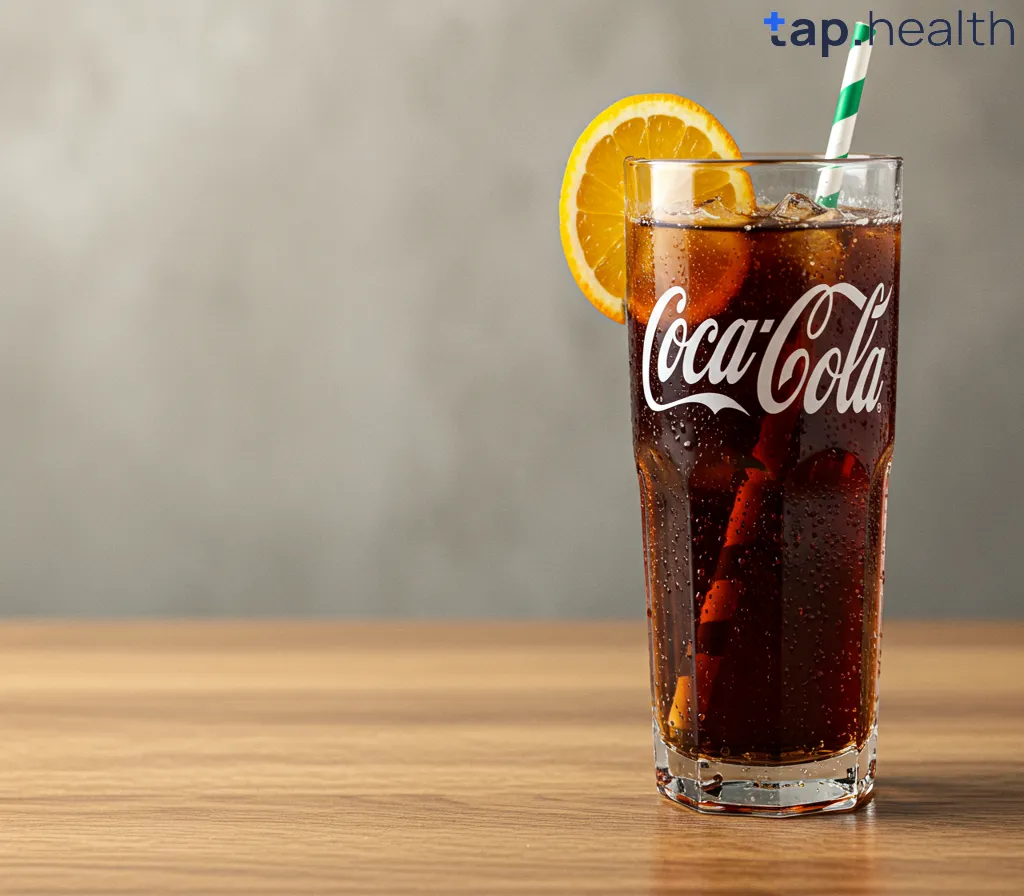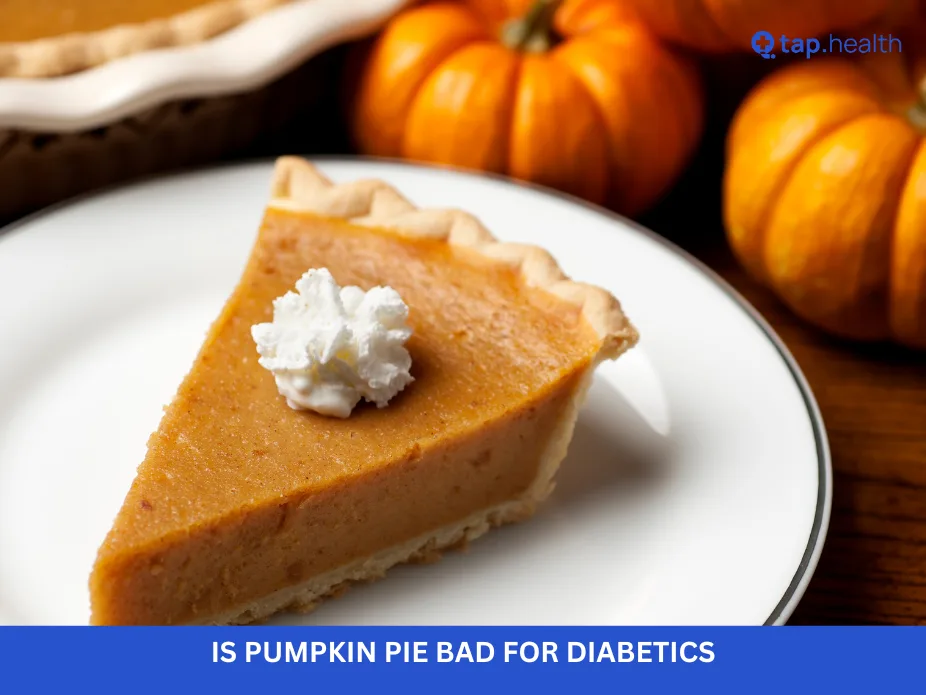If you’re living with diabetes, you know how important it is to monitor what you eat and drink. Everything from your meals to your drinks can affect your blood sugar levels. One popular question that arises is whether zero sugar soda is a safe choice for people with diabetes. With the rise of low-calorie, sugar-free options, many are curious about whether these drinks can be included in a diabetic-friendly diet.
In this blog, we will explore whether zero sugar sodas are safe for diabetics, how they affect your health, and what alternatives might be better. Let’s dive into the details so you can make an informed decision about your beverage choices.
What Is Zero Sugar Soda?
Zero sugar sodas, also known as diet sodas or sugar-free sodas, are soft drinks that use artificial sweeteners to replace sugar. These drinks aim to offer the same sweet taste as regular sodas without the calories or sugar that can spike blood glucose levels.
Some of the most common artificial sweeteners found in zero sugar sodas include:
- Aspartame: Found in brands like Diet Coke and NutraSweet.
- Sucralose (Splenda): Used in Pepsi Zero Sugar and other products.
- Stevia: A natural sweetener found in some zero sugar sodas like Zevia.
- Acesulfame potassium (Ace-K): Often found in combination with other sweeteners.
While these sweeteners are commonly used, they can have different effects on your body, which is why it’s essential to understand their impact on diabetes.
How Does Zero Sugar Soda Affect Blood Sugar?
One of the key concerns for people with diabetes is how a food or drink will affect blood sugar. Since zero sugar sodas don’t contain any sugar, they don’t directly cause a spike in blood glucose levels. However, their impact on diabetes is not just about the absence of sugar.
Artificial Sweeteners and Blood Sugar Levels
Artificial sweeteners don’t raise blood sugar levels, but they might affect insulin sensitivity over time. Some research suggests that regular consumption of artificial sweeteners could lead to an increased craving for sweet foods and may disrupt the body’s natural ability to regulate insulin.
However, the impact of artificial sweeteners on blood sugar control is still not fully understood. Many health experts believe that occasional consumption of zero sugar sodas, in moderation, is unlikely to have a significant impact on your blood sugar levels, but it is crucial to monitor how your body responds.
Is It Safe for Diabetics to Drink Zero Sugar Soda?
While zero sugar sodas are sugar-free, their safety for people with diabetes depends on several factors. Let’s break it down.
The Role of Artificial Sweeteners in Diabetes Management
For diabetics, artificial sweeteners offer the advantage of enjoying a sweet taste without the sugar, making it a tempting option for satisfying cravings. These sweeteners do not raise blood sugar levels, so they can be a good alternative for individuals who want to enjoy a fizzy, sweet drink without worrying about their blood glucose spikes.
However, it’s important to remember that just because a drink is sugar-free doesn’t mean it’s free from other health concerns. Many zero sugar sodas contain a range of artificial chemicals and additives that might impact gut health, appetite regulation, and metabolism. Long-term consumption of these ingredients has raised concerns among health experts, especially regarding their potential to disrupt the body’s balance.
Potential Risks of Drinking Zero Sugar Soda Regularly
Even though zero sugar sodas don’t contain sugar, they do contain artificial sweeteners and other chemicals that could have unintended consequences. Some of the risks include:
- Increased Cravings for Sweets: Studies have shown that consuming artificial sweeteners may increase cravings for sugary foods. This can make it harder to maintain a healthy diet, potentially leading to overconsumption of sweet or high-calorie foods.
- Gut Health Issues: Some artificial sweeteners, like aspartame, can disrupt gut bacteria, leading to digestive issues. A healthy gut microbiome is essential for overall health, and imbalances can affect blood sugar control.
- Metabolic Effects: There is some research suggesting that artificial sweeteners may disrupt the body’s ability to regulate blood sugar effectively, potentially leading to insulin resistance over time.
- Obesity Risk: Although zero sugar sodas are calorie-free, some studies have shown that they might contribute to weight gain in the long term due to changes in the body’s natural response to sweetness.
What Are the Best Beverage Choices for Diabetics?
While zero sugar sodas may seem like a good option, there are other beverages that are better suited for managing diabetes. Here are some healthier alternatives to consider:
1. Water
Water is the best choice for hydration. It has no calories, no sugar, and no artificial sweeteners, making it a perfect beverage for managing blood sugar levels.
2. Unsweetened Tea
Green, black, or herbal tea is another excellent option. Tea offers numerous health benefits, including antioxidants, and can be enjoyed hot or cold. If you like a bit of sweetness, you can add a small amount of stevia or monk fruit extract.
3. Sparkling Water
If you miss the fizz of sodas, try sparkling water. You can even add a slice of lemon, lime, or cucumber for extra flavor. This gives you a refreshing, calorie-free alternative to soda.
4. Coffee (Without Sugar)
Black coffee or coffee with a splash of milk (unsweetened) can also be a great option. Just be cautious with added creamers or sweeteners, as these can add hidden sugars.
How Much Zero Sugar Soda Can Diabetics Drink?
While it’s generally okay for diabetics to drink zero sugar sodas occasionally, moderation is key. Drinking too much can lead to other health risks, as previously mentioned, such as an increased craving for sweets and possible disruption to your metabolism.
Experts’ Recommendations
Most health experts recommend limiting your intake of artificial sweeteners. If you’re going to enjoy a zero sugar soda, aim to have no more than one can per day, and always monitor your blood sugar response.
Frequently Asked Questions (FAQs) ON Is Zero Sugar Soda Safe for Diabetics? A Comprehensive Guide
Can zero sugar sodas cause weight gain in diabetics?
While zero sugar sodas are calorie-free, regular consumption might lead to weight gain due to increased cravings for sweet foods and disruption of appetite-regulating hormones. It’s important to consume these drinks in moderation and focus on a balanced diet.
Are all artificial sweeteners safe for diabetics?
Most artificial sweeteners, like aspartame, sucralose, and stevia, are considered safe for diabetics when consumed in moderation. However, some research suggests long-term use could have health impacts, so it’s best to limit intake and avoid excessive consumption.
Can drinking zero sugar soda affect insulin resistance?
Some studies suggest that artificial sweeteners may have an indirect effect on insulin sensitivity, potentially contributing to insulin resistance over time. However, more research is needed to fully understand these effects.
Can zero sugar sodas raise blood sugar levels?
No, zero sugar sodas do not raise blood sugar levels directly, as they do not contain sugar. However, the artificial sweeteners used in these drinks might have other metabolic effects that can influence insulin and blood sugar regulation.
What are the healthiest alternatives to zero sugar sodas?
The healthiest alternatives include water, unsweetened tea, sparkling water, and black coffee. These drinks are hydrating, low in calories, and have no added sugar or artificial sweeteners.
In conclusion, zero sugar sodas can be enjoyed occasionally by diabetics, but it’s important to be mindful of how they may affect your overall health. They are not a magical solution for hydration or weight management, and long-term use may pose potential risks. It’s always best to prioritize healthier alternatives like water, tea, or sparkling water. Always consult with your healthcare provider to ensure your dietary choices are aligned with your diabetes management plan.



